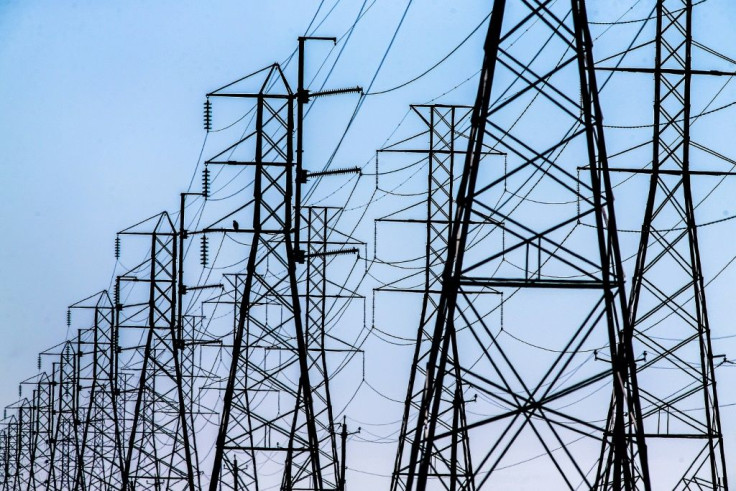
Utility regulators in the United States are considering raising electricity rates again this year to help them cover the costs of upgrading infrastructure to manage extreme weather, increased power demand from industries and prepare for more electric usage due to new clean energy laws, according to the Energy Information Administration (EIA).
In 2023, the state utility regulators approved nearly $10 billion in rate hikes, up from $4.4 billion in 2022, marking a record rise in electricity rate increases for the year, EIA said. If regulators allow the same ratio of rate increase requests for the remaining 2024, the EIA expects rate increases to reach $8.9 billion this year, reported Reuters.
Since 2023, regulators have approved 58% of the rate increase requests amounting to a total rate of $12.7 billion, based on the latest figures by the Regulatory Research Associates (RRA), which is part of S&P Global Commodity Insights.
"RRA has been tracking rate cases since the early 1980s, and 2023 was the most amount of rate increases requested in our history," RRA senior research analyst Dan Lowrey said.
In some states, the state utility regulator is authorized to approve the electricity bill, unlike in states where consumers choose the supplier, who then sets the rates. However, the state utility commissions still control the costs for delivering the electricity through transmission and distribution lines.
Regarding the regional distribution of rate increases in 2023, two Californian utilities - Pacific Gas and Electric, with $2.5 billion in rate increases, and Southern California Edison, with nearly $1 billion in rate increases - were responsible for more than one-third of the total authorized rate increases across the United States, the EIA stated.
The two utilities required expensive upgrades to the power infrastructure, like burying transmission lines, vegetation management, and a stronger electrical network to guard against wildfires.
The Illinois Commerce Commission approved a $759 million rate increase for ComEd to upgrade the grid as required by the Illinois Climate and Equitable Jobs Act. This law is aimed at transitioning to 100% clean energy by 2050 by pushing for the use of electric vehicles.
The New York Public Service Commission approved a $442 million rate increase for Consolidated Edison to expand the electric system to meet the frequent weather events. In addition to complying with the state's goals of generating 70% of electricity from renewable sources by 2030 and achieving zero emissions from the statewide electrical system by 2040.
The North Carolina Utilities Commission allowed the Duke Energy Carolinas a $436 million rate increase aimed at achieving carbon neutrality by 2050. The grant is also intended to cover debts incurred during COVID-19, changes to depreciation rates for old coal plants, costs for customer service programs and expenses from storm-related crises.






